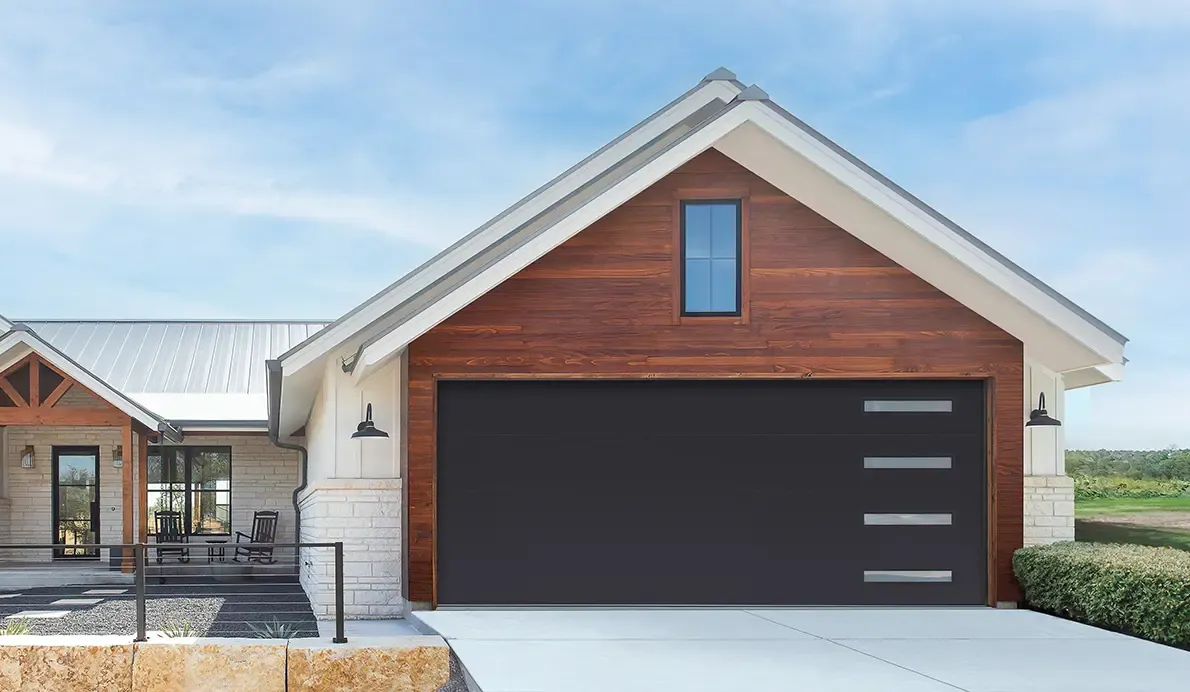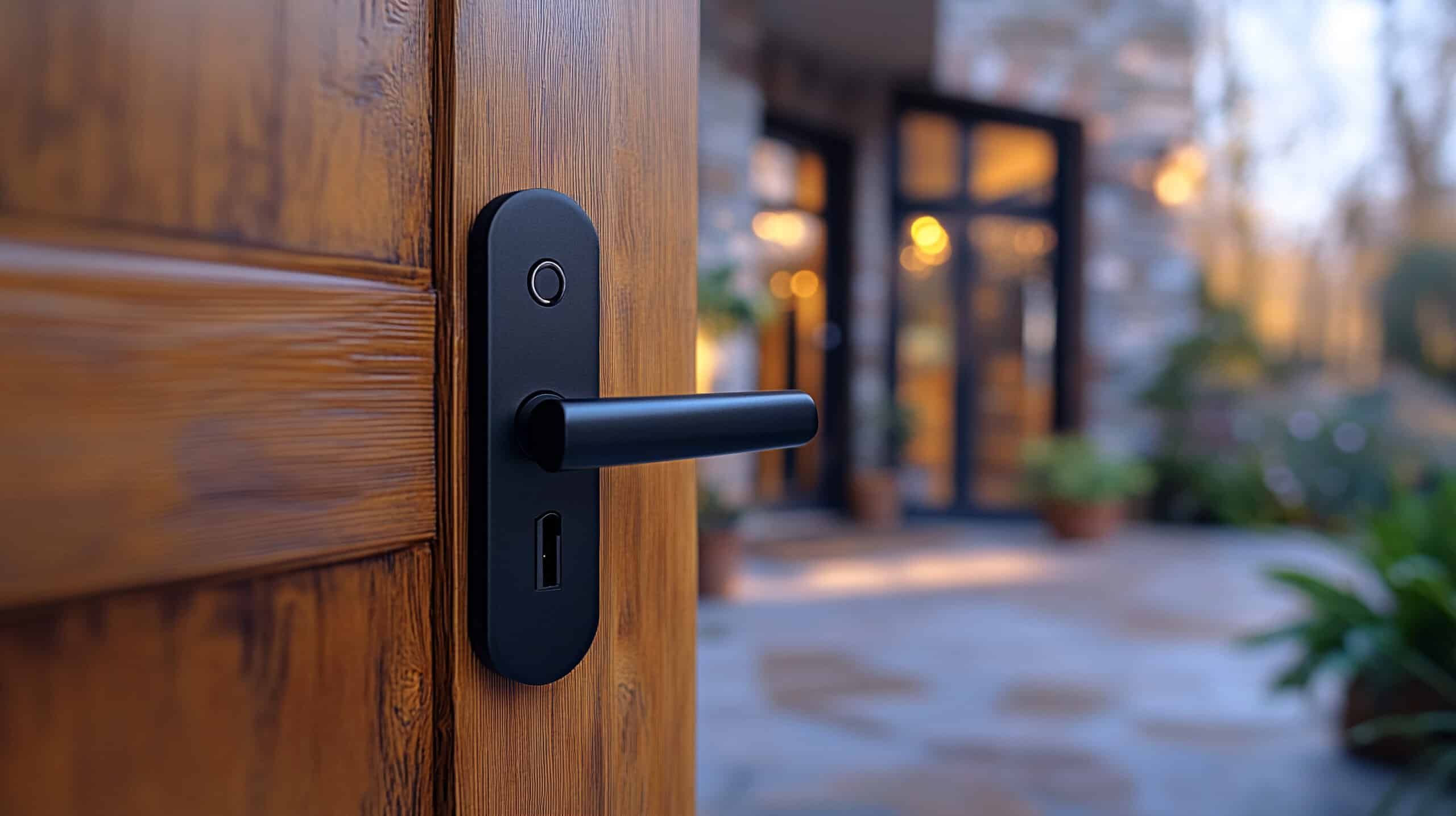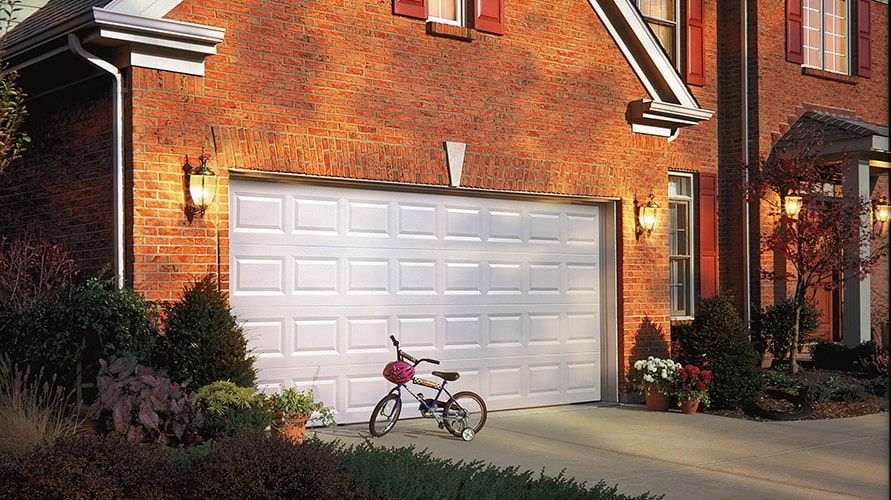
How to DIY Garage Door Lubrication
Your garage door works hard every day, opening and closing countless times as you come and go. Over time, all that movement can cause friction, squeaks, and unnecessary wear on the system’s moving parts. Regular lubrication is one of the simplest and most effective ways to keep your garage door running smoothly. The best part? You can do it yourself in less than an hour with the right products and techniques.
Here’s a clear guide on what to use, what to avoid, and how to do DIY garage door lubrication properly.
Why Garage Door Lubrication Matters
Lubricating your garage door isn’t just about eliminating annoying squeaks. It plays a key role in extending the life of your door and opener. Without lubrication, metal parts grind against each other, creating friction that leads to premature wear, rust, and even system failure. Proper lubrication can help:
- Reduce noise during operation
- Prevent rust and corrosion
- Minimize strain on the opener motor
- Extend the lifespan of rollers, hinges, and springs
- Improve the door’s overall performance and safety
Making lubrication part of your seasonal home maintenance routine—ideally twice a year—is a smart, cost-effective way to avoid bigger repairs down the line.
What to Use for DIY Garage Door Lubrication
Choosing the right lubricant is just as important as applying it correctly. Not all products on your garage shelf are suitable. Here’s what you can use on your garage door:
Silicone-Based Lubricants
Silicone sprays are excellent for penetrating small spaces and coating moving parts without creating sticky buildup. They dry quickly, repel moisture, and work well in the variable New Jersey climate. Silicone is especially ideal for nylon rollers, hinges, and springs.
Lithium-Based Grease (White Lithium)
White lithium grease is another top choice for garage door systems. It adheres well to metal, provides long-lasting lubrication, and won’t drip. It’s particularly useful for metal rollers, hinges, and springs. Because it’s thicker than silicone, it creates a protective barrier that helps parts move smoothly under heavy loads.
Specialty Garage Door Lubricants
Specifically formulated for garage door components, these lubricants often combine the benefits of silicone and lithium while being safe for a range of materials. If you prefer a ready-made option, these are easy to find at home improvement stores.
You want something that lubricates without attracting dust and grime.
What to Avoid When Lubricating Your Garage Door
It can be tempting to grab whatever you have on hand—like WD-40—but not all lubricants are created equal. Here are a few products to steer clear of:
WD-40 and Similar Degreasers
Despite its popularity, WD-40 is primarily a cleaner and water displacer, not a true lubricant. While it may temporarily quiet squeaks, it quickly evaporates and leaves metal parts unprotected. In fact, it can remove existing grease, making components more prone to rust and wear.
Heavy Oils or Motor Oil
Thick oils can gum up the tracks and collect dust, leading to sticky buildup that actually impedes movement rather than improving it.
Grease Meant for Automobiles
Automotive greases can be too thick for garage door parts, causing messy drips and uneven coverage. They can also attract dirt and become abrasive over time.
By avoiding these common mistakes, you’ll ensure your garage door components get the protection they need—without creating new problems.
How to Lubricate Your Garage Door: Step-by-Step
If you want to do DIY garage door lubrication, it doesn’t require special tools—just your lubricant of choice, a rag, and a few minutes. Here’s a simple process to follow:
- Disconnect the Opener: For safety, unplug the garage door opener or switch it to manual mode before starting.
- Wipe Down Parts: Use a clean rag to remove dirt, dust, and old lubricant from hinges, rollers, and tracks. This ensures the new lubricant can work effectively.
- Lubricate the Hinges and Rollers: Apply a small amount of lubricant to each hinge pivot point and roller bearing. Open and close the door by hand a few times to distribute the product.
- Lubricate the Springs: Spray along the length of the torsion springs, allowing the lubricant to penetrate the coils. This helps reduce friction and prevent rust.
- Lubricate the Tracks (Lightly): Do not coat the tracks completely. Instead, wipe them
- Reconnect and Test: Reconnect the opener and operate the door a few times to make sure everything moves quietly and smoothly.
When to Call a Professional
While DIY garage door lubrication is a great way to maintain your garage door, some issues require a professional touch. If you notice broken springs, misaligned tracks, or persistent grinding noises even after lubrication, it’s time to call in the experts.
At Hunter Door, based in Moorestown, NJ, we provide comprehensive garage door maintenance and repair services throughout South Jersey in Burlington, Camden, and Gloucester county. Our experienced technicians will inspect your system, make necessary adjustments, and ensure everything is operating safely and efficiently.
Keep Your Garage Door Running Smoothly
A little maintenance goes a long way. By using the right lubricants and following a regular routine, you can keep your garage door performing at its best year-round. And when you need expert help, Hunter Door is just a call away. Contact us today to schedule your garage door service.
We Have A Garage Door Specialist Ready To Find Your Answer!




Free Estimate
Estimate Request
"*" indicates required fields
Reliable, local professionals ready to solve your garage door problems. Need Immediate help? Call 856-431-3952.


